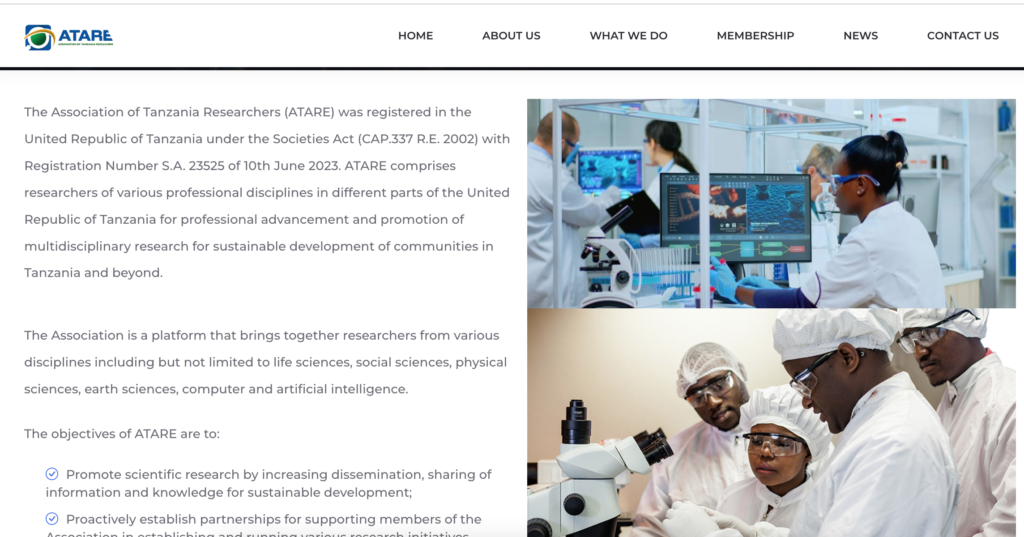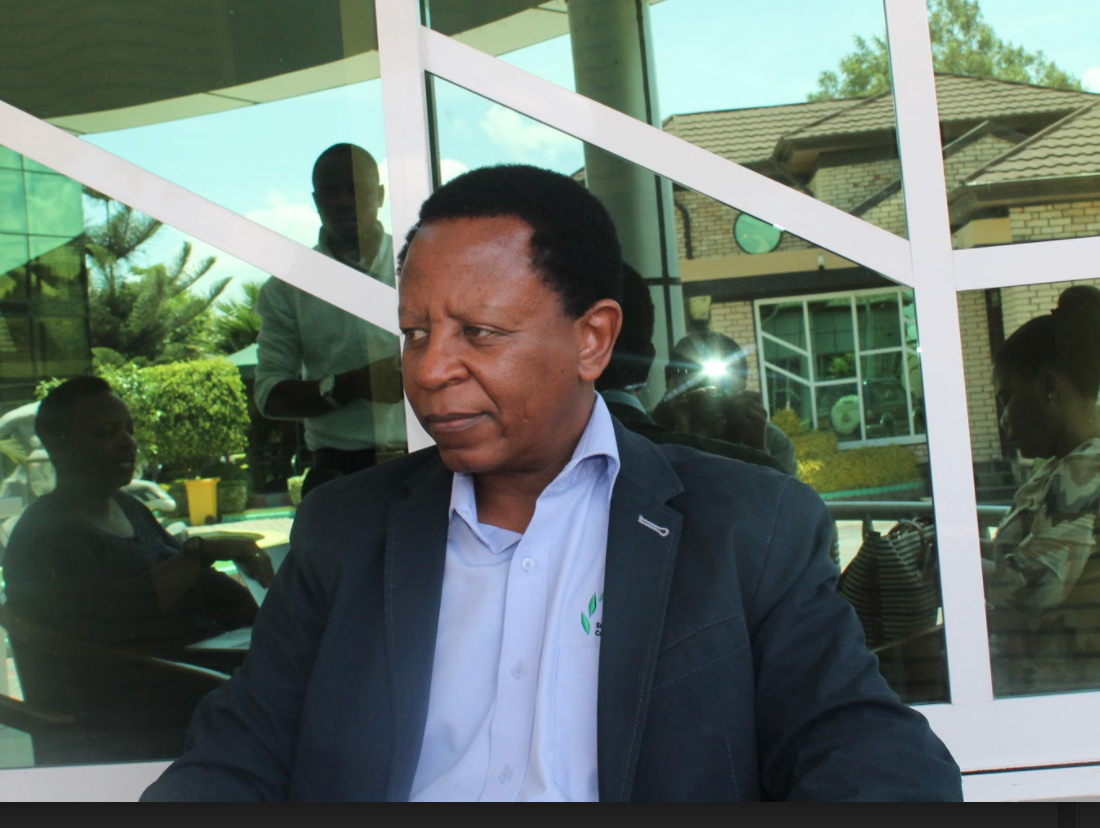Dar es Salaam:
As we delve deeper into the transformative journey of Tanzania’s agricultural sector, we turn our attention to the visionary leader, Geoffrey Kirenga, CEO of the Agricultural Growth Corridors of Tanzania (AGCOT). Formerly known as SAGCOT, AGCOT’s expanded mission reflects the growing ambitions of Tanzania’s agricultural landscape.
In an interview with WazoHuru Media, Kirenga a seasoned expert in this field, provides profound insights into the pivotal role of research and innovation in propelling the nation’s progress in agriculture, livestock, fisheries, and the sustainable management of natural resources.
Kirenga fervently advocates for a research approach that is comprehensive and interdisciplinary. He eloquently states, “In my extensive work across agriculture, livestock, fisheries, and natural resources, I have witnessed the tremendous importance of research services and the development and application of knowledge conducted by researchers in these domains.” This vision extends to encompass fields like forestry, public health, infrastructure, energy, especially renewable sources such as biogas, and cutting-edge communication technologies.
Underlining the significance of emerging technologies, Kirenga astutely observes, “We are now exploring the realms of ICT, including electronics, computer sciences, and artificial intelligence. These are all fertile grounds for research, making substantial contributions to national development.” This broad spectrum of research areas underscores his profound understanding of the interconnectedness of various sectors and their collective influence on national development.
Kirenga is a staunch advocate for ensuring that research directly contributes to the development of Tanzania and the entire African continent. He emphasizes, “It’s imperative that research not only be conducted but that it yields tangible benefits for our country’s development. Understanding what needs to be researched and how it can propel us forward is paramount.” He further elucidates the critical need for research to effectively reach end-users, thereby catalyzing the desired developmental outcomes.
In pursuit of these noble objectives, Kirenga characterizes the Association of Tanzanian Researchers (ATARE), as a platform that unites researchers, fostering collaboration and a collective focus on national and continental priorities. “ATARE’s primary objectives are to bring researchers together, encourage collaborative efforts, underscore the importance of their work to the nation, and provide education and capacity-building opportunities,” Kirenga elaborates.
Kirenga also underscores ATARE’s critical role in disseminating research findings to ensure their effective application for societal advancement. He highlights the importance of connecting young researchers with seasoned veterans in the field, stating, “It is crucial for young researchers to learn from their more experienced counterparts, and vice versa. In fields like IT and AI, the younger generation holds invaluable expertise that can enrich the seasoned professionals.”
In discussing the cultural relevance of research, Kirenga underscores the need for research to harmonize with local traditions and societal values, particularly in social sciences. “It is essential that research, especially in social sciences, resonates with our customs and traditions. This entails documenting and building upon the wisdom of our ancestors to inform and enrich our modern society, especially our youth,” he passionately advocates.
Looking towards a broader African context, Kirenga envisions a collaborative future where Tanzanian researchers forge connections with their counterparts across the African continent and the world. He underscores the importance of a unified voice in advocating for research funding and resource allocation. Reflecting on historical parallels, he remarks, “Just as the Royal Society in England, formed approximately 1600 years ago, brought together luminaries like Sir Isaac Newton, leading to a scientific revolution and industrial prosperity, we in Africa, and particularly in Tanzania, must unite to assert our presence in the global scientific community.”
Kirenga’s call to action for researchers resounds with clarity and urgency. He implores them to recognize the profound significance of their work and the transformative impact it can have on societal development. “Researchers must grasp the importance of their work and how it contributes to our nation’s progress. We must come together to forge a united front, ensuring that our research is not only relevant and impactful but also aligned with our cultural heritage,” he concludes.
The Association of Tanzania Researchers (ATARE) was officially registered in the United Republic of Tanzania under the Societies Act (CAP.337 R.E. 2002), bearing the Registration Number S.A. 23525, on the 10th of June 2023.
ATARE is a collective of researchers from diverse professional backgrounds, spread across different regions within the United Republic of Tanzania. “Our mission is to foster professional growth and facilitate multidisciplinary research that contributes to the sustainable development of communities not only in Tanzania but also extending our impact beyond national borders” according to https://atare.org/about-us.

